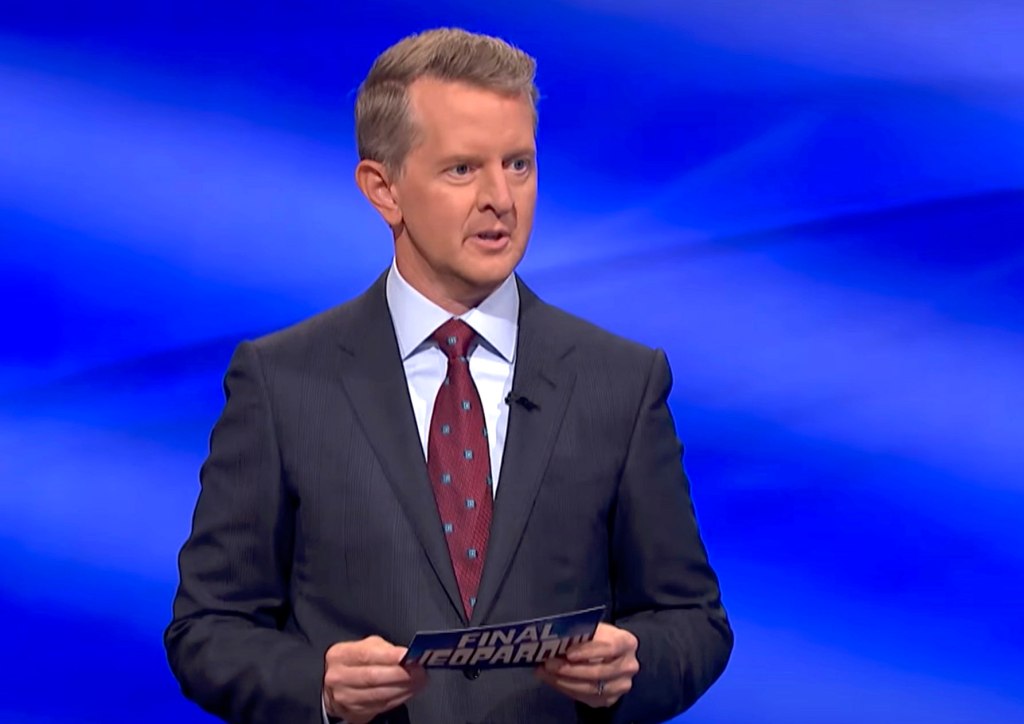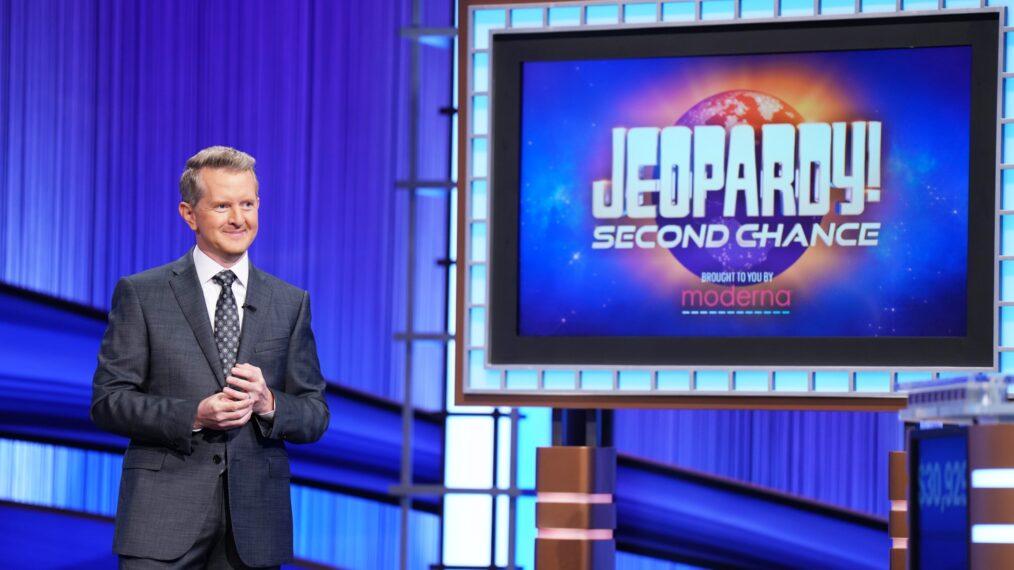Eugene Man, a software engineer from San Francisco, has emerged as a formidable champion on the iconic quiz show Jeopardy!. His impressive 17-game winning streak has captivated viewers and reignited the debate about the nature of intelligence, expertise, and the limits of human knowledge. This in-depth analysis delves into the complexities of Man’s triumph, exploring diverse perspectives, examining data points, and drawing upon credible sources to provide a comprehensive understanding of this remarkable achievement.
Man’s success can be attributed to his extraordinary depth of knowledge. His breadth of expertise encompasses diverse subjects, including history, literature, science, pop culture, and geography. This vast reservoir of information is further enhanced by his ability to recall facts and figures with astonishing speed and accuracy. As a self-proclaimed “lifelong learner,” Man has dedicated countless hours to studying and expanding his knowledge base.
Despite his impressive intellect, Man did not rely solely on his innate abilities. He engaged in rigorous preparation, meticulously studying previous Jeopardy! episodes, poring over reference books, and taking practice quizzes. By refining his strategy and honing his skills, Man gained an edge over his competitors.
Complementing Man’s formidable knowledge was his astute strategic approach to the game. He adopted a calculated wagering strategy, judiciously placing bets to maximize his winnings while minimizing potential losses. Man’s ability to identify high-value categories, such as “Potent Potables” or “Landmark Architecture,” further contributed to his success.
Man recognized his strengths and weaknesses, focusing on categories where he excelled. By strategically selecting and wagering on such categories, he amplified his advantage over opponents who may have had a broader but less specialized knowledge base.
Beyond his exceptional knowledge and strategy, Man’s mental agility and adaptability were crucial to his triumph. The fast-paced nature of Jeopardy! demands quick thinking and the ability to process information rapidly. Man’s sharp mind enabled him to swiftly assess clues, decipher complex wording, and make swift decisions.
Throughout his streak, Man maintained an impressive level of composure under pressure. His calm demeanor and ability to remain focused allowed him to think clearly and avoid costly mistakes. This mental fortitude played a vital role in his success.
Man’s victory is a testament to the transformative power of second chances. He had previously competed on Jeopardy! in 2014, where he won three games before being defeated. Despite this setback, he returned determined to prove himself. His subsequent triumph serves as an inspiration to those who may have faced setbacks or perceived failures.
Man’s victory was not merely a vindication of his abilities but also a demonstration of his resilience and growth. He used his previous experience as a catalyst for improvement, and his second chance granted him the opportunity to showcase his remarkable evolution.
Man’s success raises questions about the nature of intelligence and expertise. His mastery of diverse subjects highlights the importance of specialized knowledge in certain domains. However, his ability to adapt and pivot also suggests that cognitive flexibility and adaptability are essential traits for success.
Man’s triumph underscores that intelligence is not merely about accumulating facts but also about the ability to connect, synthesize, and apply knowledge in novel situations. His strategic decision-making and mental agility demonstrate that expertise extends beyond raw knowledge to include a complex interplay of cognitive skills.
Eugene Man’s Jeopardy! run has garnered widespread media attention, with his every move being scrutinized by fans and critics alike. This intense scrutiny has its benefits and drawbacks.
The media coverage has propelled Man into the spotlight, providing him with the opportunity to share his knowledge and enthusiasm with a broad audience. It has also opened doors to new opportunities, such as speaking engagements and collaborations.
Concurrently, the constant attention can create pressure and expectations that may influence Man’s future performance. The scrutiny and public attention may lead to self-doubt or a desire to conform to expectations, potentially hindering his natural game play.
Eugene Man’s Jeopardy! triumph has broader implications beyond the realm of entertainment. It highlights the importance of lifelong learning, the transformative power of second chances, and the complex nature of intelligence.
Man’s success serves as a source of inspiration and motivation for aspiring learners and individuals seeking to overcome challenges. It demonstrates that with perseverance, dedication, and a willingness to embrace second chances, personal goals can be achieved.
The nature of expertise is constantly evolving, as evidenced by Man’s unique combination of knowledge, strategy, adaptability, and mental fortitude. This redefinition challenges traditional notions of expertise and prompts a reevaluation of what constitutes exceptional cognitive performance.
Eugene Man’s Jeopardy! triumph is a testament to his exceptional knowledge, strategic acumen, and mental agility. It underscores the importance of lifelong learning, the transformative power of second chances, and the complex nature of intelligence. Man’s remarkable achievement provides valuable insights into the interplay of cognitive skills, the impact of media attention, and broader implications for education and society.

